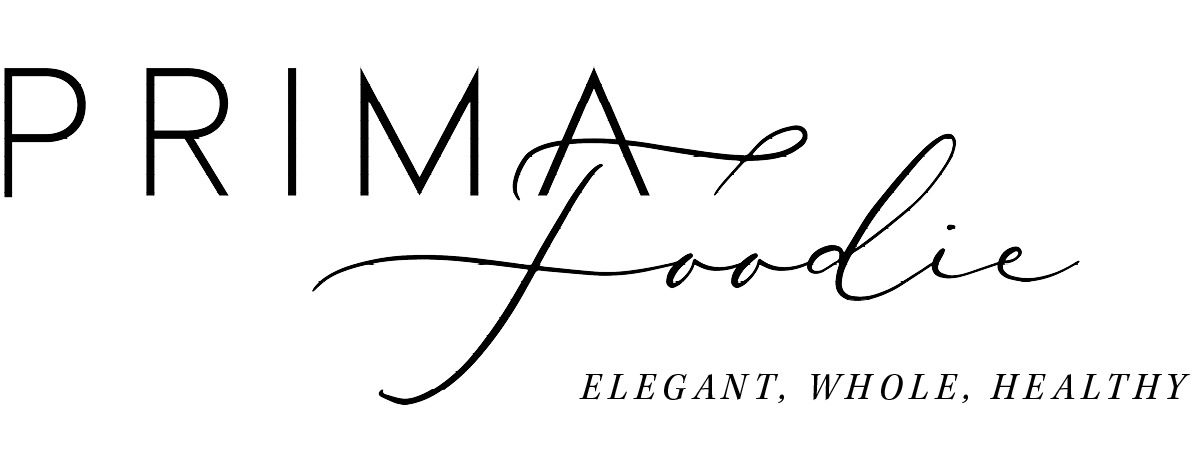Our Food future: 3 facts we all need to know
Parker Brook took a huge leap—and we applaud him for it. The former food executive spent more than a decade as a brand manager for various giant food labels before he left to start his cereal company, Lovebird. As he tells Nicole in our premiere episode of ‘The PrimaFoodie Podcast,’ he could not get behind what many food companies were doing to turn a profit, which included using low-quality ingredients to make food faster and cheaper. “Now my journey is really focused on Lovebird and how to clean up all that stuff and provide better options for people,” he says.
The following three takeaways from his conversation with Nichole are information we all need to make smart decisions for our health and to fight for a better food system.
And if you haven’t yet, be sure to listen to ‘The PrimaFoodie Podcast’ here.
#1: Most conventional corporate food companies do not have our backs.
We need food to survive. Yet so much of the food marketed to us is laden with sugars and made with low-quality ingredients. As Brook says of many corporate package food companies, “their primary objective is to maximize shareholder value, not your health.” To do this, companies will cut costs in every way they can. “I just couldn't sit in another meeting and be like, ‘We need mermaid yogurt, so kids can eat our yogurt that has 19 grams of added sugar in it,’” he adds.
#2: It’s critical to be wary of what goes into packaged foods.
Food marketing is cryptic and often dangerous. A company can market something as better for our health, but a closer look proves the opposite. Brook uses the example of the low-fat foods that came into popularity in the late 80s. “If you look at what they had in them, there was a ton of sugar and oils, canola oils, and things like that. They use sucralose, which is a non-caloric sweetener, artificial aspartame […].” Brook’s statement underscores the need to read package food labels. “There are certain things and ingredients you should just avoid because there's really no nutritional benefit to them,” he says.
#3: We hold the power for our food future.
Brook is running a food company, but his mission is way bigger. He wants to “elevate cleaning eating and clean ingredients” and to educate people about how to read ingredient labels and what to watch out for—" because as soon as you stop buying something, they will stop making it. That's a fact.” His rallying cry to know what’s on our plates, support transparency, and vote with our dollars is empowering to hear. “Each one of us has the power to really decide what our food future is,” he says. I'm trying to do it by making a product to give you an option, instead. Hopefully, I invite competitors and other people to follow.”
